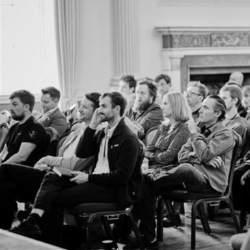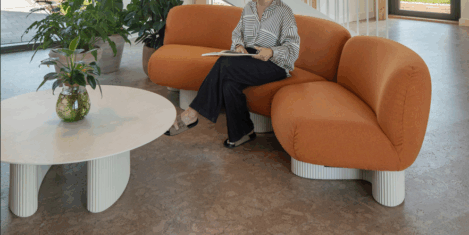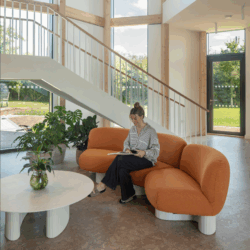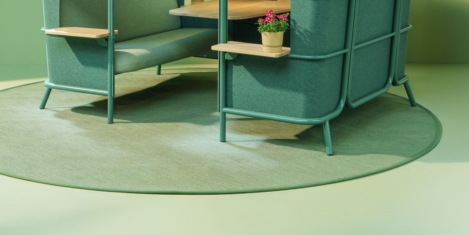March 12, 2013
Employers vastly underestimate savings of freeing up desks
The latest salvo in the flexible working debate is a study which reveals that despite potential savings of around £34bn by freeing up desk space and working more flexibly, the majority of UK business leaders grossly underestimate what it is possible to save with two out of three (65 per cent) insisting they can’t lose any desks. According to a Vodafone UK survey one in five of those surveyed thought that their employees remained rooted to the old principle that all employees should have their own desk space (21 per cent) and flexible working ultimately leads to employees taking advantage of the system (23 per cent).




































January 14, 2026
Fashion has an unexpected influence on commercial interior design
by Laura Light • Comment, Workplace design